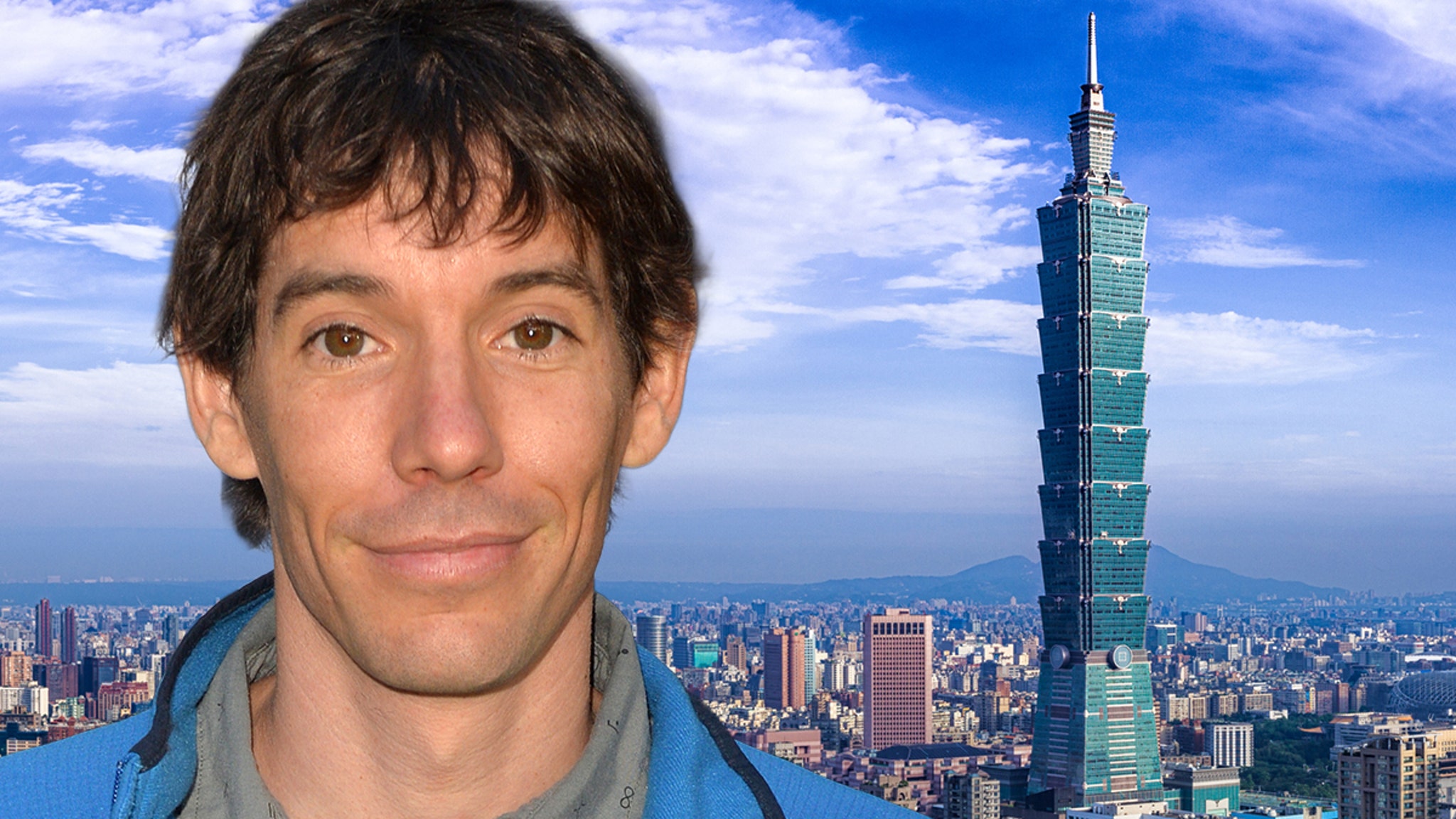It’s no bold statement to say that we have taken scientists for granted lately, especially in our pandemic of misinformation that has made belief more powerful than fact. Director Nathaniel Kahn recognizes this, and tries to combat this, with his impassioned and unabashedly intellectual documentary “The Hunt for Planet B,” which on the outset is about the engineering of the most powerful telescope yet, the James Webb Space Telescope. The JWST, with its 18 large gold hexagons, will help us see farther into space than we ever have before, and to understand what other planets are out there. This is true pioneer work, continued from what Galileo did hundreds of years ago, but with technology that has only improved because of collaborations.
But beyond the focus on the telescope, Kahn has assembled a touching, incredibly pure profile on this “collective genius” that has lead to these breakthroughs. Kahn talks to astronomers from all over the country about their passion for finding intelligent life, and often presents them doing something unrelated to their space work: their hobbies are used as poignant reflections of their passion, like the chief engineer who compares the make-or-break usage of the telescope with progression in weight-lifting. “The Hunt for Planet B” talks about—and sometimes even imagines—what would be found on other planets, but is grounded by its narrative about the many who dedicate their lives to this science. We don’t often get such a personal view of these influential minds.
The passion that Kahn has for these people, and their minds, is infectious, even if the doc itself maintains a somewhat dry tone when wanting to document these individuals, who are from all around and of various backgrounds, and their work, while beholding the telescope’s creation throughout the film’s runtime. It’s more about being a fan—Kahn can often be heard asking questions of his subjects (off-camera, and more than a usual documentary) and he airs our curiosities about what these brilliant minds are doing, and trying to understand how they can be so determined about it. Their dreams are for the benefit of our planet, and Kahn’s documentary helps us stand back and remember just how essential science to progress.
You can view the original article HERE.


































